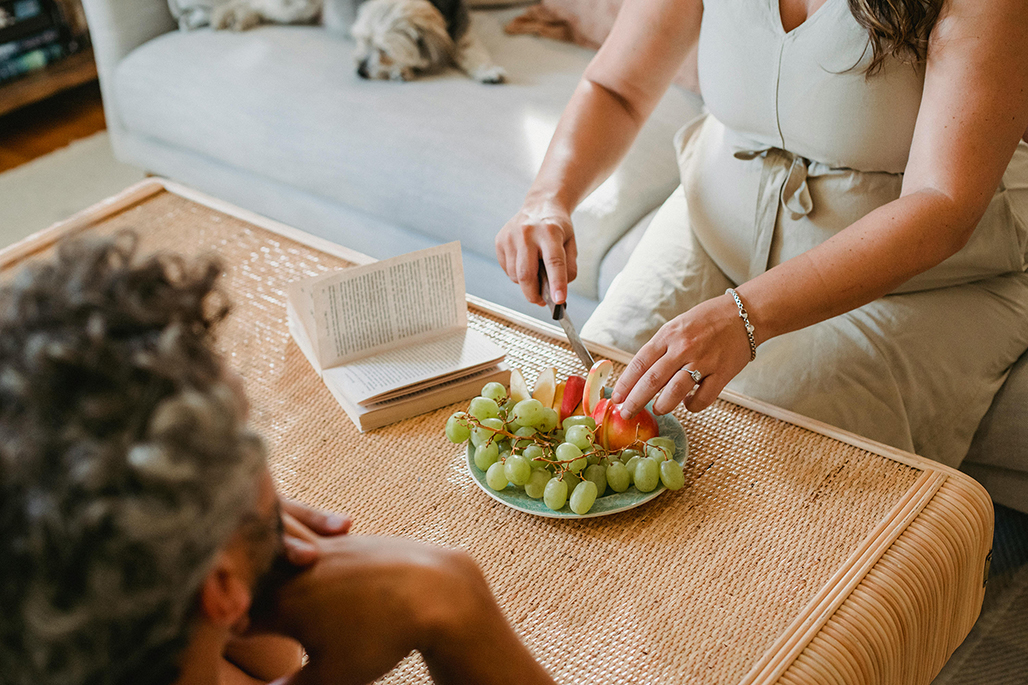In today’s fast-paced world, parents—especially those raising multiples or closely spaced children—often feel pressured to do more. We enroll our kids in multiple enrichment classes, schedule back-to-back extracurricular activities, and meticulously plan their learning experiences. We do this out of love, wanting to give them the best start in life. But in the pursuit of providing everything, we risk overwhelming both our children and ourselves.
As parents, we all want to see our children succeed. Many of us often ask, "How can I raise happy, well-rounded kids without burning out?"
Inspired by Cal Newport’s book Slow Productivity: The Lost Art of Accomplishment Without Burnout, this article explores a more intentional approach to parenting—one that emphasizes connection, balance, and well-being over relentless busyness.
The Three Principles of Slow Parenting for Multiples
1. Do Fewer Things (but Do Them Well)
Many parents sign their children up for a packed schedule of tuition, Mandarin immersion, math enrichment, music lessons, and sports training, hoping to set them up for success. While structured learning has its place, too many commitments can leave little room for creativity, self-directed play, or family bonding.
Winnie Puah, a mum of gifted teenage triplets from Singapore, initially enrolled her boys in kung fu at age nine for exercise and self-defense, unsure if it would be a lasting interest. To her surprise, they not only stuck with it but excelled, earning a place on the U.S. National Team. She let them explore and deepen their skills in kung fu, leading to a passion that took them to international competitions and training at China’s Shaolin Temple.

💡 Parenting Tip: Many parents in Singapore prioritize structured activities, from Heguru and Shichida classes for toddlers to coding and Olympiad math training for older children. While these programs can be beneficial, selecting one or two based on your child’s strengths and interests prevents burnout and allows for deeper mastery.
The lesson? Choosing one meaningful activity that aligns with your child’s natural interests can be far more impactful than juggling multiple enrichment programs.
2. Parent at a Natural Pace That Works for Your Family
In our eagerness to prepare our children for the future, we often push milestones too soon—expecting early reading, accelerated math skills, or perfect handwriting at an age when exploration should still be the priority. Multiples, especially, may develop at different rates, and that’s okay.
Nadzirah, a real estate entrepreneur and mother of four children, discovered the importance of slowing down when balancing her growing business with family life. Instead of striving for a perfect schedule where everything runs smoothly, she embraced flexibility—adjusting her work hours to accommodate her children’s needs, prioritizing family meals, and ensuring that work never overshadowed quality time. By doing so, she created an environment where her children felt seen and valued, even amidst her busy career.
💡 Parenting Tip: The competitive academic system in Singapore often leads to a kiasu (fear of losing out) mentality where children have overly packed schedules. But research shows that children benefit more from quality family time and unstructured play than from excessive enrichment classes. Instead of chasing after every top tuition center, consider prioritizing family experiences and slow learning.
Slow parenting recognizes that not all progress is linear. Some children need acceleration, while others need space to breathe. By observing your child’s natural rhythm and adjusting accordingly, you allow learning and development to unfold in a way that’s both effective and sustainable.
3. Obsess Over Connection, Not Perfection

Instead of striving for a Pinterest-perfect home or a meticulously structured activity schedule, invest in meaningful family moments. Simple joys—reading aloud, baking together, taking nature walks, or engaging in pretend play—create lasting memories. The goal isn’t to keep up with what other families are doing but to build a rhythm that works for your unique family.
Hazami Hamidon, a Singaporean mum of two young boys, learned this firsthand. After years of trying to balance breastfeeding, homeschooling, freelance design work and household responsibilities, she realized that prioritizing connection over perfection made all the difference.

She let go of the pressure to have an immaculate home or a strictly planned day and instead focused on being present with her children—whether it was through bedtime cuddles, spontaneous play sessions, or simply listening to their stories without distractions. This shift not only reduced stress but also strengthened her bond with her kids.

The same principle applies to parenting in general: What truly matters isn’t how many structured activities we provide but how connected we are as a family.
Why Slow Parenting Matters for Large Families
- Reduces Parental Burnout – A packed schedule doesn’t necessarily lead to better outcomes; it often leads to exhaustion. By slowing down, parents can sustain their energy and presence.
- Strengthens Sibling Bonds – Less structured time means more space for natural sibling play, problem-solving, and relationship-building.
- Encourages Self-Directed Learning – Kids don’t need a constant stream of lessons; curiosity thrives when they have the freedom to explore.
- Models a Balanced Life – Children learn from our example—when we slow down, they too learn to embrace joy and balance over the rush of constant achievement.
By parenting slowly and calmly, we can create a home where our children feel secure, loved, and encouraged to grow—not by doing more, but by focusing on what truly matters.
__
Whether you're raising multiples or multiple children, finding a supportive parenting community makes all the difference. Join the conversation and share your experience with us!








